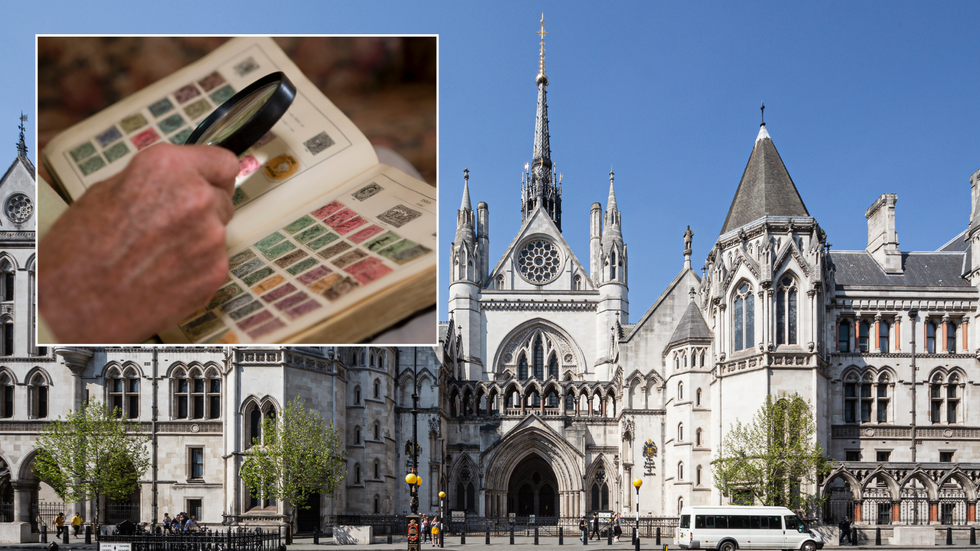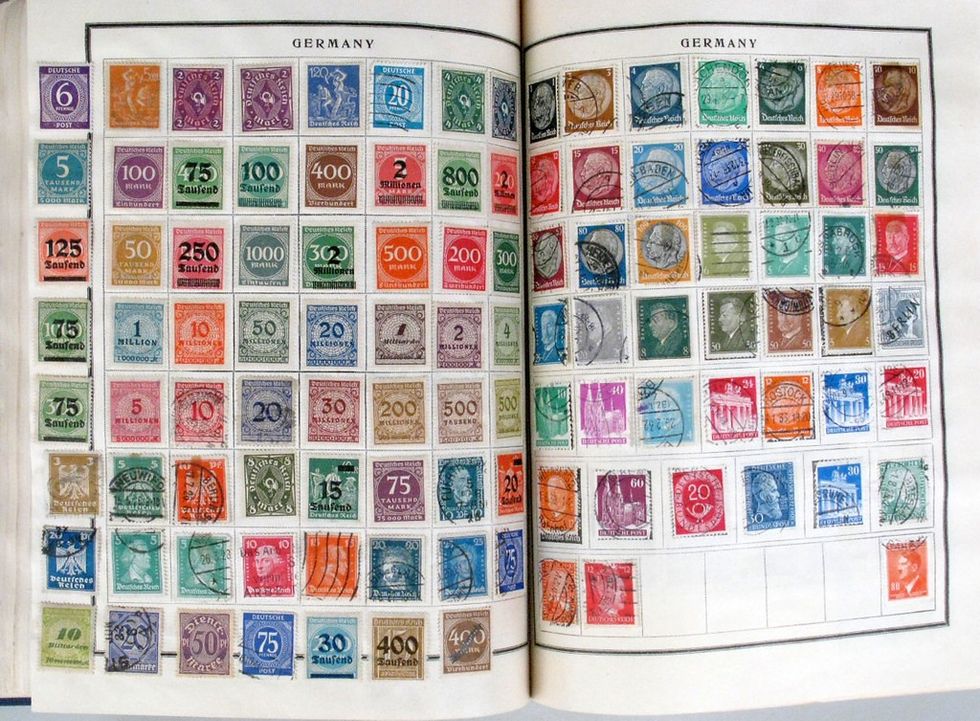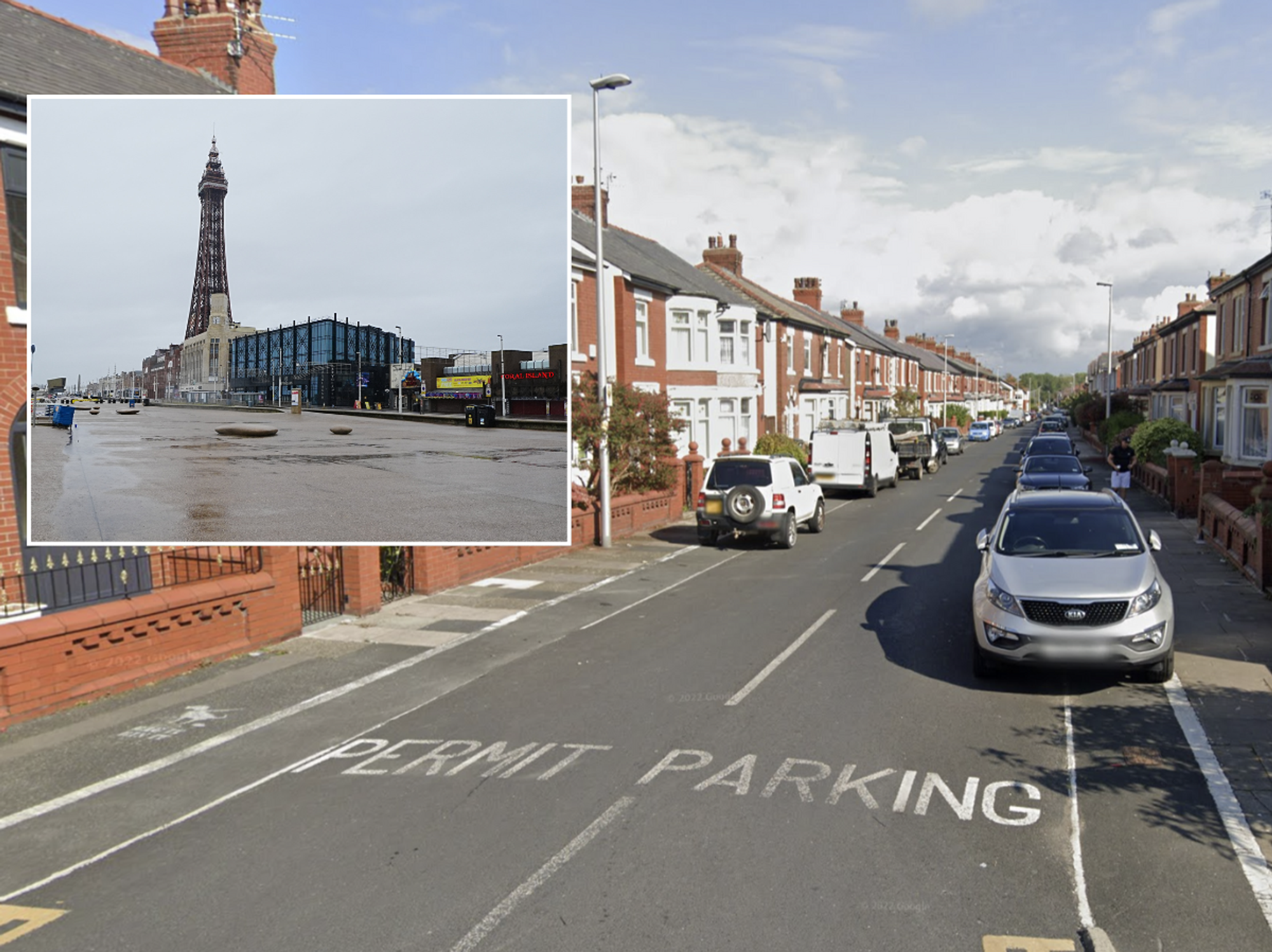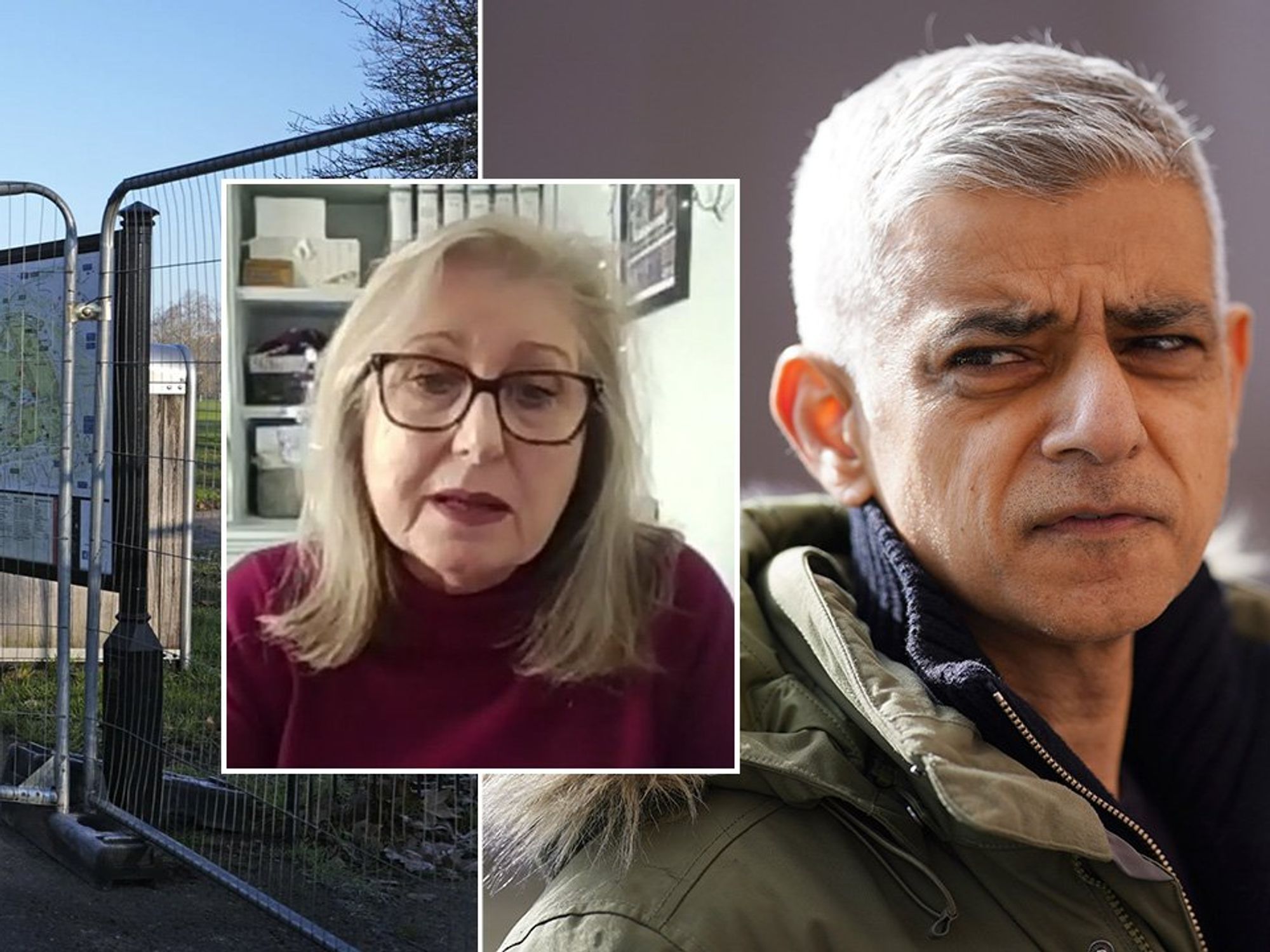Pensioner sparks inheritance row after cutting kids from will and selling £200k stamp collection to cleaner for £1

Ray Watts also gave Sue Pope his £250,000 Suffolk estate
Don't Miss
Most Read
A pensioner has sparked an inheritance row after he sold a £200,000 stamp collection to his cleaner for just £1 before changing his will and giving his entire estate to her.
Ray Watts, who passed away aged 90 in 2021, decided to give the extremely valuable collection to his informal carer Sue Pope, as well as his entire estate.
He had previously been planning to split his £250,000 Suffolk estate amongst his family but had a change of heart two years before he died and cut the majority of them out.
Beverley Neate, daughter of Watts’ second wife Faye, is now trying to overturn the will at Central London County Court, claiming that he could not have meant to cut his relatives out of the inheritance.
 Pensioner sparks inheritance row after cutting kids from will and selling £200,000 stamp collection (stock) to cleaner for £1 | Getty
Pensioner sparks inheritance row after cutting kids from will and selling £200,000 stamp collection (stock) to cleaner for £1 | GettyShe has said that Pope cannot prove that the will reflected her stepfather’s true intentions.
However, Pope has said that she was more than just a cleaner and carer to Watts, claiming that the 90-year-old had wanted to cut out Neates, who she said had been “disrespectful” when she changed the locks on his home when he was in hospital.
After retiring as a clerk at Lloyds Bank, Watts began collecting stamps, ultimately compiling a collection worth £200,000.
Following his death, three of Watts’ children - Nicholas Watts, Lesley Watts and Deborah Humphreys - each received £15,000, whilst the rest of the £250,000 estate went to Pope.
This marked a change from his 2007 will, where he wrote that he had intended to equally split his estate to his six children and stepchildren.
However, following a serious fall which left him in hospital in 2019, Watts decided to alter the will to include Pope - who met the pensioner when he advertised for a cleaner at his property.
MORE LIKE THIS:
Neate was originally intended to also receive £15,000, however, Watts then executed a codicil, a document which alters the effect of the will in 2020, which cut her share to a single £1.
Her lawyers have challenged the validity of the will and codicil, claiming that Pope cannot show that the pensioner had “knowledge and approval” of its contents.
Nathan Wells, Neate’s barrister, said that Watts’s thinking had become “slow”, and whilst in hospital had been described as “confused with a reduced level of consciousness”.
Pope had “significant” involvement in making the will, Wells said, as she had allegedly contacted the solicitors to visit Watts whilst he was in hospital.
Wells added: “In addition to the evidence of a failing mind and the evidence of significant beneficiary involvement, there were a number of other circumstances surrounding the making of the 2019 will which should excite the suspicion of the court.
“The terms of the 2019 will represented a radical change from the provisions of the 2007 will, which is recognised as a factor going to knowledge and approval.
“Because of the concerns about the deceased’s 'failing mind' and the obvious and substantial degree of beneficiary involvement, Mrs Pope also has to meet the stricter requirements for establishing knowledge and approval.

After retiring as a clerk at Lloyds Bank, Watts began collecting stamps, which ultimately became a collection (not pictured) worth of £200,000
|Flickr
“Mrs Neate confirms it would have been very out of character for the deceased to do something as spiteful as leaving her a deliberately derisory legacy of £1 in his will.”
He said that Neate had a “good relationship” with her step-father and that the two regularly spoke, even spending Christmases with her and her husband.
Elis Gomer, Pope’s barrister, said that the cleaner was entitled to the estate, stating that Neate’s challenge was based on “rather nebulous jumble of allegations”.
He said: “Mrs Pope's position is that the 2019 will and the 2020 codicil were prepared at the deceased's instigation, read over with him, and in every respect reflected his testamentary wishes as he expressed them to be.
“Mrs Pope's position is simply that the 2019 will arose out of a desire to benefit Mrs Pope.
“The 2020 codicil came about as a result of the deceased's view that Mrs Neate's behaviour towards the end of his life was – to use the deceased's words – ‘disrespectful and distressing’, to the point that he no longer wished to make any meaningful provision for Mrs Neate.”
He also claimed that Neate's case was “an exceptionally thin one”, adding that it was “based primarily on her own assessment of her late stepfather's wishes and ‘what he would have wanted’”.
The case continues.










